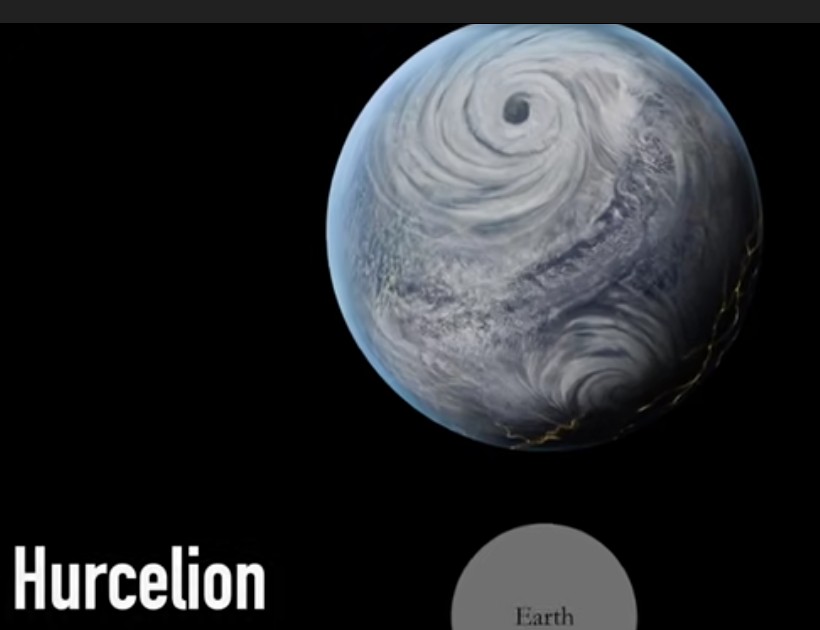In the speculative astrobiology book Teeming universe by Christian Cline, there's a planet called Hurcelion. It's described as a hybrid of rocky and gas giant planets. Most of the life floats or flies in the sky, while others shelter beneath constant storms above. Is this what a hycean world is supposed to be like? I ask because I need to rethink how I envision them then.

-
2$\begingroup$ What is an hycean world? $\endgroup$– L.Dutch ♦Commented Mar 4, 2022 at 5:51
-
$\begingroup$ You're looking for a definition? Better to ask a worldbuilding question that definitions. $\endgroup$– Escaped dental patient.Commented Mar 4, 2022 at 7:01
-
$\begingroup$ @L.Dutch Basically a hot ocean planet if I understand a quick search correctly. I presume the oceans are actually steamy at noon, at least, on the surface. $\endgroup$– LemmingCommented Mar 4, 2022 at 7:03
-
$\begingroup$ This looks to be a question about a world in an existing work of fiction rather than asking about building a fictional world. Such questions by nature of not being about worldbuilding are off topic for this site. $\endgroup$– sphenningsCommented Mar 4, 2022 at 8:32
-
1$\begingroup$ A hycean (= hydrogen + ocean) world is a planet having a planet-covering water ocean and an atmosphere rich in hydrogen. I don't understand why there can be any doubt whether a given planet meets these criteria or doesn't meet them. $\endgroup$– AlexPCommented Mar 4, 2022 at 9:56
1 Answer
No. Hycean planets are hot ocean planets up to 2.6 times the size of Earth. While Hurcelion is twice the size of Earth (and seven times the mass), it is not covered in oceans. This post from the author's Instagram shows the surface of the planet is continental, about 30–40% land, and described as rocky and volcanic. The book also describes terrestrial life, but not oceanic as far as I'm aware.
Per Habitability and Biosignatures of Hycean Worlds, the paper that put the spotlight on life-bearing Hyceans, (page 5):
We note that in our definition of a Hycean planet there is no landmass as the entire planet would be covered by the water layer.
Further, the paper consistently speaks in terms of habitability of the ocean's surface, not the planet's.
